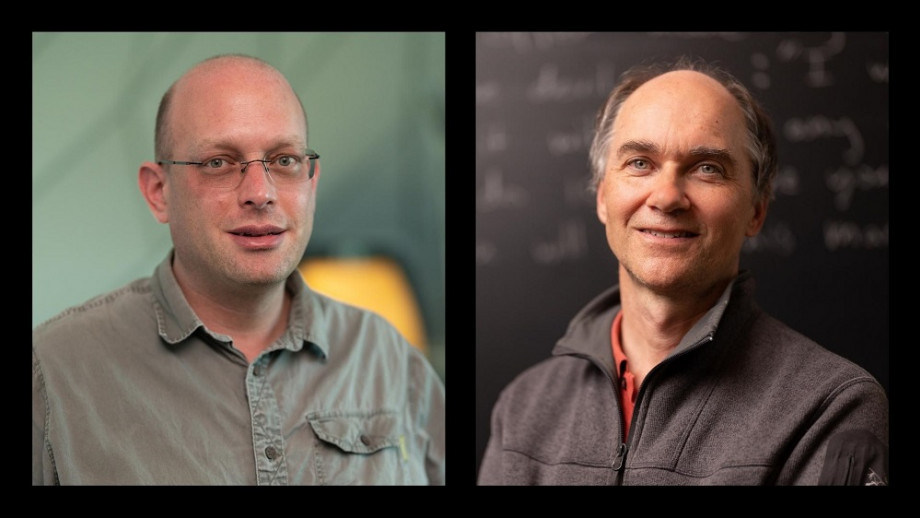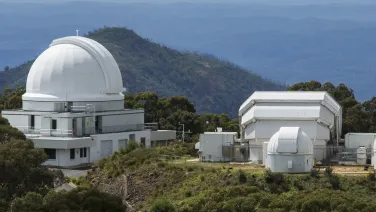ANU scientists win nation’s top funding award

Two ANU researchers helping to develop faster and more powerful supercomputers and software that will power the technologies of tomorrow, have been awarded millions of dollars to advance their work as part of Australia's most prestigious research funding program.
Professor Mark Krumholz and Professor Andrew Hassell, both from the ANU College of Science and Medicine, have been named Australian Research Council (ARC) Laureates.
They join 14 other Australian-based researchers who will receive a total of $48.6 million in ARC funding over five years to conduct pioneering research in their fields of astronomy and mathematics.
The Australian Laureate Fellowships scheme supports world-class researchers to conduct research in Australia, forge strong links across the research community both local and international, and train and mentor early-career researchers.
Deputy Vice-Chancellor (Research) Professor Keith Nugent congratulated the ANU and other fellowship recipients on their success.
"ARC Laureates are coveted in the Australian research sector and acknowledge research of the highest quality and impact," Professor Nugent said.
"It's fantastic to see leaders in their fields from the College of Science and Medicine receive this recognition for research that will help drive a deeper understanding of fundamental questions about human origins."
"Congratulations to professors Krumholz and Hassell. I very much look forward to seeing the development of their important work."
Professor Krumholz, from the ANU Research School of Astronomy and Astrophysics, will receive $2,647,737 in funding. He plans to use his fellowship to develop new computing methods, which will drive supercomputers to peak performance. Professor Krumholz's work will also help develop better telescopes.
"I'm a computational astrophysicist, and I'm hoping that the computational tools and techniques that we are going to develop through the work supported by this fellowship are going to be useful not just in Australia but for astronomers around the world, and even beyond astronomy and into other fields of computational science," Professor Krumholz said.
Professor Hassell, from the ANU Mathematical Sciences Institute, aims to solve fundamental problems in the mathematics of wave motion. He has received $2,490,704 in funding.
These advances will help launch partnerships with applied scientists and engineers to create new software for Australian industries. Using this new software, industry partners will be able to design and manufacture a range of 21st century technologies.
Professor Hassell's work will also benefit Australia in areas such as communication technologies, medical imaging, mineral exploration, and prediction of extreme weather events such as floods and cyclones.



